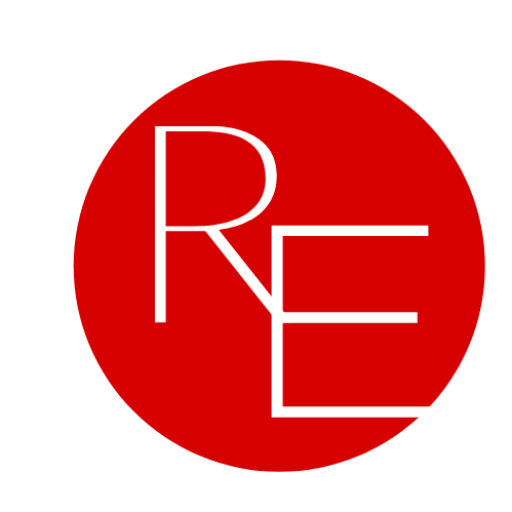Navigating the intricate world of real estate transactions often leads to questions about whether a real estate agent can simultaneously represent both the buyer and seller in Long Island, New York. In this comprehensive blog post, we’ll delve into the concept of dual agency, its regulations, advantages, and potential challenges. Understanding the dynamics of dual agency can empower you to make informed decisions when engaging in real estate transactions in Long Island.
1. What Is Dual Agency?
Dual agency occurs when a single real estate agent or a brokerage represents both the buyer and seller in a real estate transaction. This arrangement is subject to specific regulations and legal considerations.
2. Legal Regulations in Long Island:
In Long Island, New York, dual agency is permitted but highly regulated. Real estate professionals must adhere to strict guidelines to avoid conflicts of interest and ensure transparency.
3. Pros and Cons of Dual Agency:
Understanding the advantages and challenges of dual agency is crucial. While it can streamline communication, it also raises concerns about impartiality and potential conflicts.
4. Advantages of Dual Agency:
Dual agency can facilitate smoother communication between parties, potentially speeding up the transaction process. It may also lead to more efficient negotiations.
5. Potential Challenges:
Dual agency raises concerns about impartiality. The agent must remain neutral, which can be challenging when representing both parties with different interests.
6. Informed Consent:
Buyers and sellers must provide informed consent before engaging in a dual agency relationship. This consent acknowledges their understanding of the arrangement and potential implications.
7. Alternatives to Dual Agency:
Buyers and sellers in Long Island, New York, have alternatives to dual agency, such as designated agency, where separate agents within the same brokerage represent each party.
8. Transparency and Communication:
Clear communication is essential in a dual agency relationship. Buyers and sellers should openly discuss their expectations and concerns with their agent.
While dual agency is permitted in Long Island, New York, it comes with specific regulations and considerations. Understanding the dynamics of dual agency, including its pros and cons, can help you make informed decisions when entering into real estate transactions. Open communication and transparency are key to ensuring a successful dual agency relationship while safeguarding the interests of both buyers and sellers.
